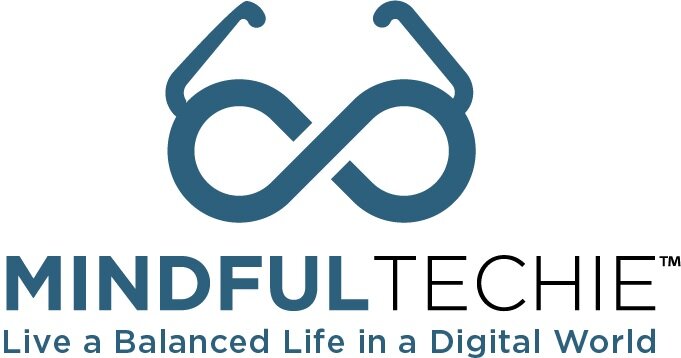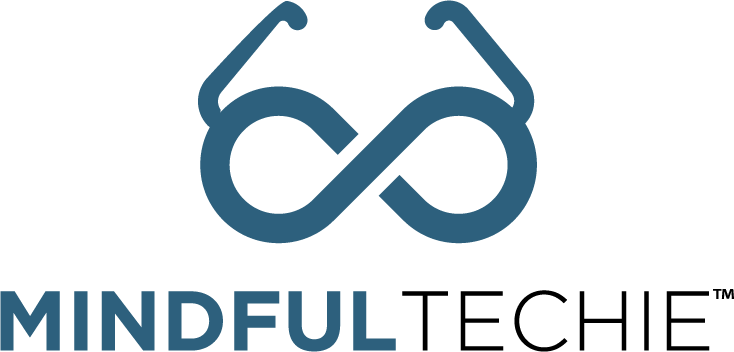Are you REALLY OK?
It’s been several weeks since my last update, so I wanted to catch you up. :-)
Warning: This will be a longer newsletter than usual. I’m continuing the conversation we started a few months ago about the inner shift we need to experience to make our well-being a priority as we work to change the world.
First, a few updates . . .
A complete rough draft of the book is done and I’ve moved to the editing phase. Whew! This puts me on track for a fall release. I’ll keep you posted as the publication date nears. In the meantime, be on the lookout for the launch of the book webpage. Thanks again to all of you who shared your stories and provided encouragement!
We had an AH-mazing spring wellness retreat at the end of March! Honestly, it exceeded my expectations. We had a great group of changemakers who came ready to go deep. I introduced the C.H.A.N.G.E. framework for well-being while well-doing (which I write about in detail in the book); walked through practical and actionable workplace wellness strategies to put in place right now; and facilitated exercises to help confront the fears, doubts, and limiting beliefs that get in the way of us taking better care of ourselves. As one participant shared, the recordings alone don’t capture the fullness of our transformative experience. You had to be there! That’s all the updates for now.
Now, back to our conversation . . .
If you need a refresher or want to get caught up, check out the posts here.
As comedian George Wallace says, “I be thinking.” And, it’s true. I’ve been thinking a lot over the past few months about grief and loss in the context of organizational change. They were initially just passing thoughts I hadn’t planned to write about. But a dear former colleague recently made her transition. As I was processing her loss, I realized I was numbing myself to my real thoughts and emotions as a protective mechanism to avoid feeling any pain.
This got me thinking about other losses and traumatic experiences and whether I was emotionally numb to those as well. You see, I was one of the people who thrived despite the pandemic. I started a new relationship, got in great shape, and successfully navigated my business through massive disruption. BUT I also experienced a lot of change and transition. I ended a relationship, sold my home, and became a digital nomad traveling between the U.S. and Central America. Externally, there was a non-stop stream of activity from social unrest, political change, mass shootings, and on and on. These are the highlights of my story. But you have a story too.
So, what does it mean to go back to “normal” or “return to the office” after the collective trauma of the pandemic we’ve experienced? And what about all the disruption you’ve experienced in your personal life?
In practical terms, I get it. Life happened and you have to figure out how to move forward. Clients, colleagues, members, and other stakeholders are depending you. You do the important work of making the world a better place. This is why I teach changemakers like you how to effectively navigate our rapidly changing world. So, I get the ins and outs of how to make hybrid, in-person, and remote work work. I understand the implications of new AI and how to leverage it to enhance employee well-being. I also know we crave a sense of normalcy so we want to get back to business as usual.
BUT what if . . .
You can’t go back to “normal” . . . because the world has shifted and we’re never, ever going back to the way things used to be.
“Normal” wasn’t working for you anyway . . . because the truth is you have inherited a way of working that hasn’t worked for a very long time. And you can’t blame it all on the pandemic.
You haven’t acknowledged your trauma and grief . . . because you’ve been too busy being busy or overwhelmed or hoping one day you’ll wake up and magically things will be like they used to be.
I believe we’re grieving a profound loss of a way of living and working that we haven’t fully recognized. And until we do, the gift cards, swag, Zoom parties, and the other superficial “wellness benefits” are simply a bandaid covering a deeper wound that has yet to start healing.
The good news is you’re not alone in this. The challenges you are experiencing aren’t your imagination and nor are they your fault. You are not deficient for feeling persistently overwhelmed and overworked. You’re doing the best you can with what you have within the systems you have inherited. And that’s all we can ask or expect of you.
The truth is you have inherited a way of working that hasn’t worked for a very long time. And there are organizational and societal issues we must confront head-on if we’re serious about long-term solutions for everyone. We must reimagine systems that perpetuate the need to be “resilient” as a prerequisite for thriving. But we can’t fix the enormity of the workplace mental health and well-being challenges we’re facing with duct tape.
It’s time to revolutionize how we think about work and well-being in the changemaking sector. I believe it starts with making a massive inner shift. You can start right now by being radically honest about how you’re really doing.
So, are you alright? Seriously, are you really alright?
I’d love to know how you’re holding up and how this message landed for you. Just leave a comment below.
Sending good vibes your way,
Meico

